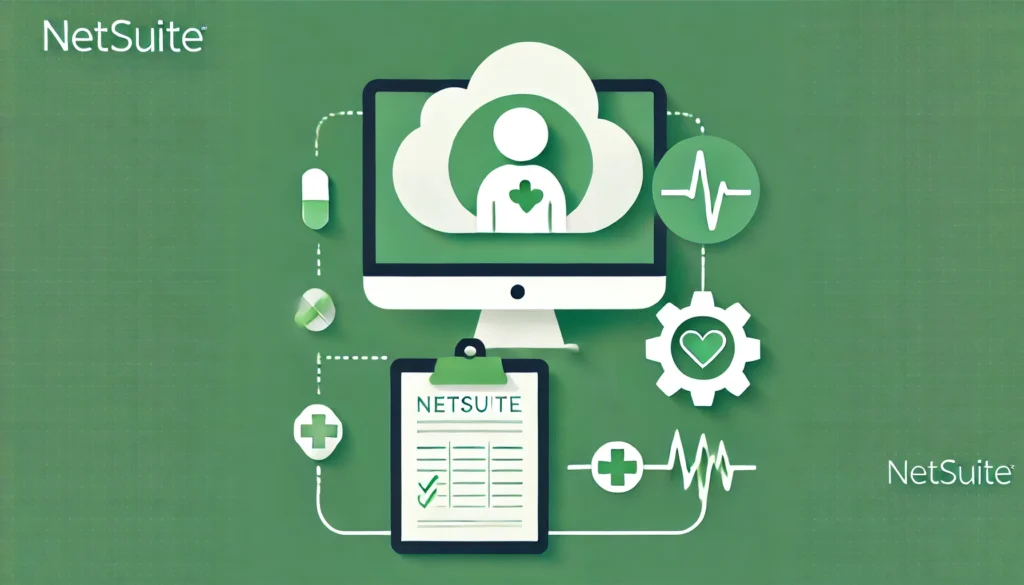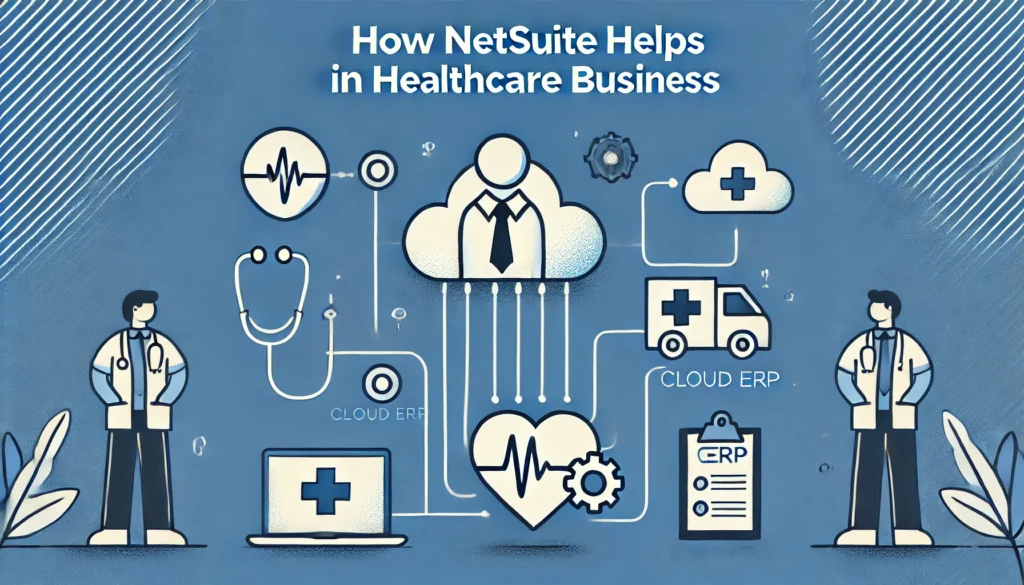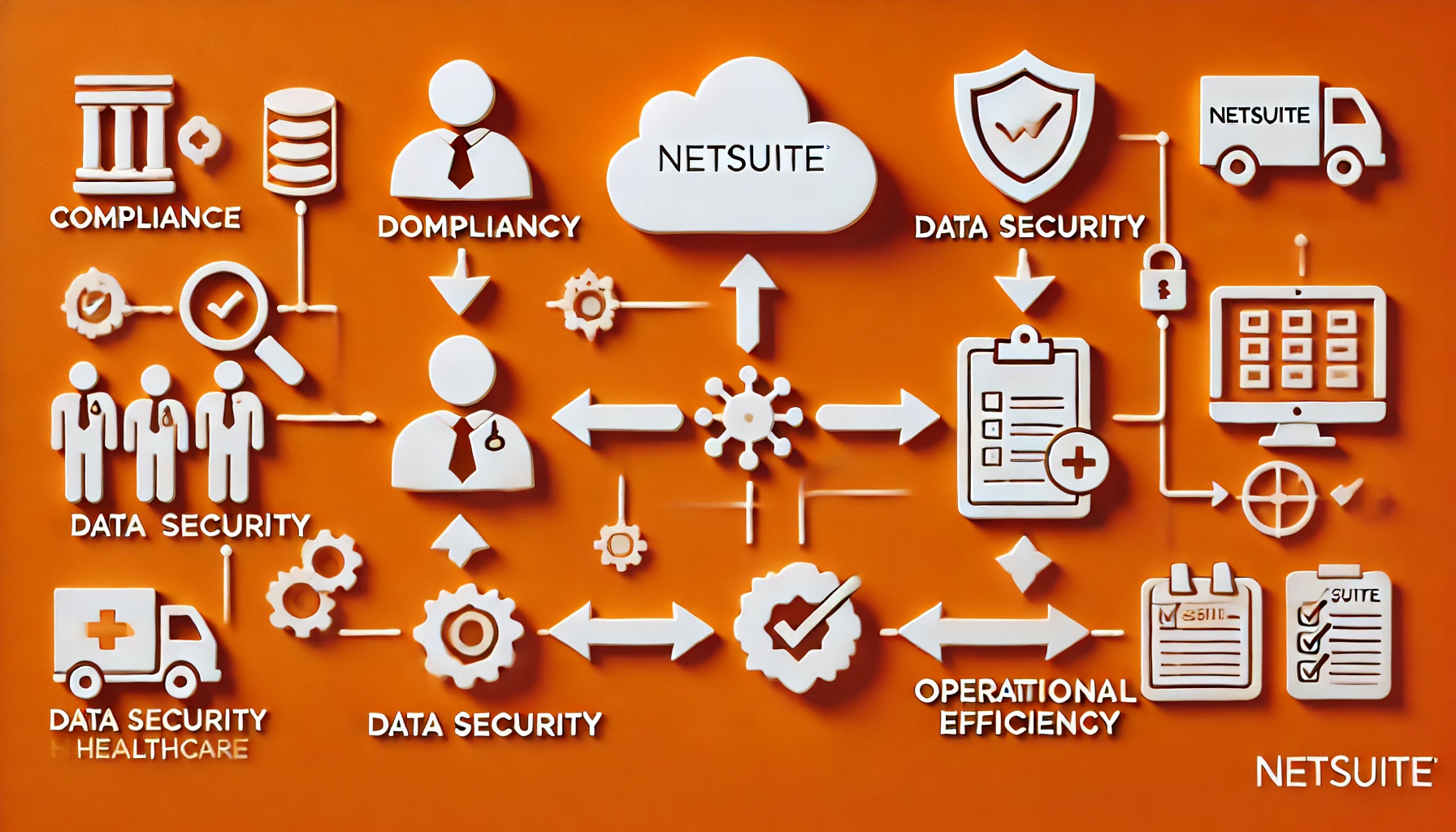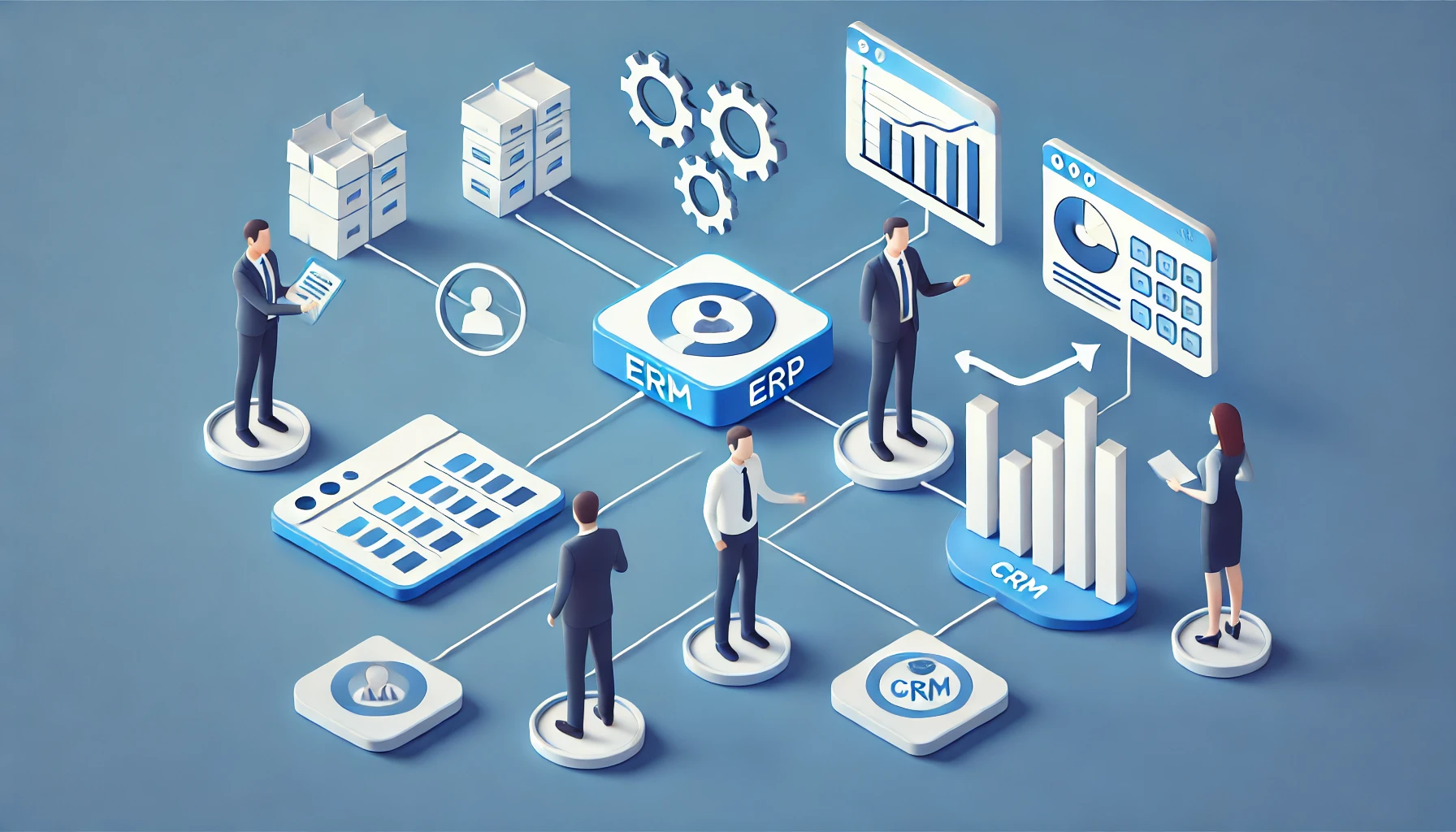Table of Contents
ToggleHow NetSuite Helps in Healthcare Business: A Complete Guide
The healthcare industry is one of the most complex and highly regulated sectors, requiring businesses to manage vast amounts of data, ensure regulatory compliance, and optimize operations for better patient care. With rising operational costs and stringent compliance requirements, healthcare providers and businesses need a robust, scalable, and efficient solution to manage their financials, supply chain, and patient data.
This is where NetSuite steps in. As a cloud-based enterprise resource planning (ERP) solution, NetSuite helps in healthcare business by streamlining processes, ensuring compliance, and improving overall efficiency.
In this guide, we’ll explore how NetSuite supports healthcare organizations and why it’s a game-changer for the industry.
Unified System for Financial Management
Managing finances in a healthcare business can be complex due to multiple revenue streams, billing cycles, and regulatory requirements. NetSuite simplifies financial management by offering a unified system for accounting, revenue recognition, and financial reporting.
Key Benefits:
- Automates revenue recognition and billing processes.
- Provides real-time financial data to improve decision-making.
- Ensures compliance with healthcare financial regulations, such as HIPAA and GAAP.
A multi-location healthcare provider can use NetSuite to consolidate financial reports across all facilities in real time, reducing manual data entry errors and improving accuracy.

Enhanced Compliance and Data Security
Healthcare businesses must adhere to strict regulations like HIPAA (Health Insurance Portability and Accountability Act) and GDPR (General Data Protection Regulation) to protect patient data. NetSuite helps ensure compliance by offering built-in security features, audit trails, and controlled access to sensitive information.
Key Compliance Features:
- Role-based access controls to protect patient records.
- Audit trails for tracking financial and patient-related transactions.
- Secure cloud storage with encryption and regular security updates.
By automating compliance and security measures, healthcare organizations reduce the risk of data breaches and regulatory penalties.
Efficient Supply Chain and Inventory Management
Healthcare providers rely on medical equipment, pharmaceuticals, and supplies that need real-time tracking and efficient inventory management. NetSuite offers a robust supply chain and inventory management system tailored for healthcare businesses.
How NetSuite Helps:
- Automates inventory tracking, ensuring critical supplies are always available.
- Manages supplier relationships and procurement processes efficiently.
- Reduces wastage and optimizes stock levels based on demand forecasting.
A hospital can track medical supplies across different departments, preventing shortages of essential items like PPE, syringes, or ventilators.
Improved Patient Experience and Operational Efficiency
For healthcare providers, improving patient experience is a top priority. NetSuite enables organizations to offer seamless patient management by integrating financials, billing, and scheduling into one unified platform.
Key Benefits for Patient Experience:
- Streamlined appointment scheduling and billing.
- Faster insurance claims processing.
- Centralized data for better patient record management.
With real-time data access, healthcare providers can enhance communication, reduce wait times, and improve overall patient care

Scalable Cloud-Based Solution for Growing Healthcare Businesses
Unlike traditional on-premise ERP systems, NetSuite is a cloud-based platform, meaning it can scale with your healthcare business as it grows. Whether you’re a small clinic or a multi-location hospital chain, NetSuite adapts to your needs.
Advantages of Cloud ERP in Healthcare:
- No need for expensive IT infrastructure.
- Easy integration with third-party healthcare applications.
- Remote access for healthcare professionals to manage operations from anywhere.
A telemedicine provider can use NetSuite to manage virtual consultations, track patient data, and handle billing seamlessly.
Data Analytics and Reporting for Better Decision-Making
Healthcare businesses rely on data-driven insights to optimize operations and improve patient outcomes. NetSuite offers powerful SuiteAnalytics tools that help organizations generate real-time reports, track performance, and make informed decisions.
How NetSuite’s Analytics Helps Healthcare Businesses:
- Provides financial and operational performance reports.
- Tracks patient care metrics and medical supply usage.
- Identifies cost-saving opportunities through detailed insights.
By leveraging NetSuite’s advanced analytics, healthcare businesses can enhance efficiency and make strategic decisions based on real-time data.
Seamless Integration with Healthcare Systems
NetSuite is designed to integrate with various electronic health record (EHR) systems, medical billing platforms, and telemedicine solutions. This ensures smooth data flow between different departments and eliminates manual data entry errors.
Common Integrations for Healthcare Businesses:
- EHR & EMR Systems – Ensures patient data is securely synced across platforms.
- Billing & Insurance Claims Management – Automates billing and claims processing.
- Telehealth & Remote Patient Monitoring – Enables seamless integration with virtual care platforms.
These integrations help healthcare providers reduce administrative workload and focus more on patient care.
Cost Savings and ROI for Healthcare Businesses
Investing in a robust ERP system like NetSuite leads to long-term cost savings by improving efficiency, reducing errors, and optimizing resource utilization.
How NetSuite Reduces Costs:
- Minimizes manual labor by automating administrative tasks.
- Reduces IT maintenance costs with cloud-based infrastructure.
- Prevents financial losses due to compliance violations and inventory mismanagement.
A mid-sized healthcare organization using NetSuite can cut administrative costs by 30% while improving operational efficiency.
Conclusion
Healthcare businesses face unique challenges, from strict compliance requirements to managing complex financial operations. NetSuite helps in healthcare business by providing a unified, cloud-based solution that streamlines financials, enhances compliance, improves patient experience, and optimizes inventory management.
Whether you run a hospital, clinic, medical supply company, or telehealth service, NetSuite offers a scalable and efficient ERP solution tailored to meet your needs.
If you’re looking for a way to improve your healthcare operations, NetSuite is the ideal choice to ensure long-term success and sustainability in an evolving industry.



